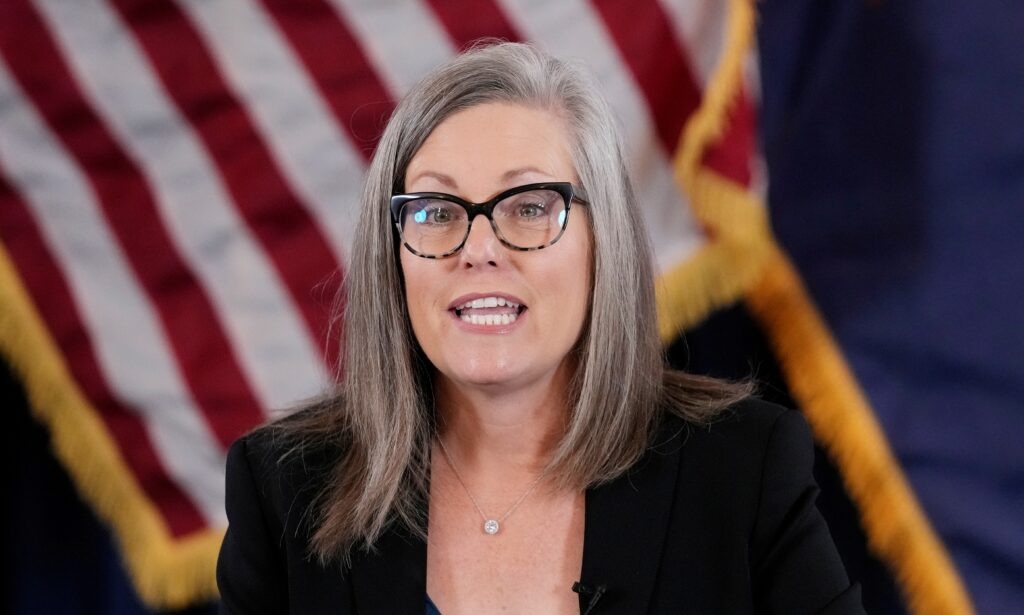In a remarkable move, Arizona and Idaho state legislatures have passed bills aimed at addressing the grim reality of forced organ harvesting in China. This practice targets prisoners of conscience to fuel a booming transplant market.
The legislation in both states seeks to deter residents from seeking organ transplants in China, where hospitals are known for their rapid organ matching times. With these bills awaiting signatures from Governors Brad Little of Idaho and Katie Hobbs of Arizona, the actions signal a growing awareness and condemnation of the practice on a state level.

Governor Brad Little of Idaho (Credits: Vox)
This legislative effort aligns with similar measures already enacted in Texas and Utah, showcasing a nationwide push against complicity in human rights abuses. Specifically, the Idaho bill proposes to prohibit health insurers from covering organ transplants or related care conducted in China or any country engaged in forced organ harvesting.
It also aims to protect Idaho residents from inadvertently participating in such practices. The bill reflects a deep concern for both humanitarian issues and health privacy.
Arizona’s legislation, dubbed the Arizona End Organ Harvesting Act, would enable insurers and the state’s Health Care Cost Containment System to restrict coverage for organ transplants or post-transplant care if the operations occur in China or Hong Kong. It seeks to limit insurance coverage for genetic sequencing conducted by devices from companies based in foreign adversary nations like China.

Governor Katie Hobbs of Arizona (Credits: Arizona Mirror)
These state-level initiatives complement federal efforts, including a House bill passed in March 2023, proposing sanctions against individuals involved in forced organ harvesting and mandating annual government reports on the issue. However, the Senate version of the bill has stalled, highlighting the challenges in advancing such legislation at the national level.
Testimonies from individuals like He Hui and Xu Zhuoyun personalizing the plight of Falun Gong practitioners and other victims of persecution in China have played a crucial role in propelling these legislative efforts. They highlight the human cost of the CCP’s actions, underscoring the urgency of addressing this issue morally and legally.
These legislative measures not only represent a stand against human rights violations but also serve as a precaution to protect citizens from unknowingly participating in or supporting these heinous acts. As these bills move closer to becoming law, they reflect a growing consensus on the need for a concerted effort to combat forced organ harvesting and safeguard human dignity.























